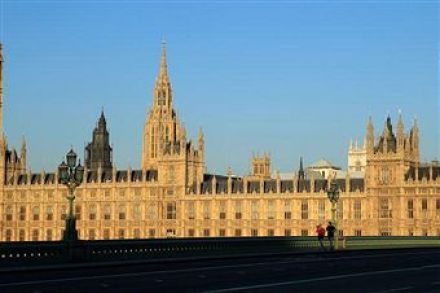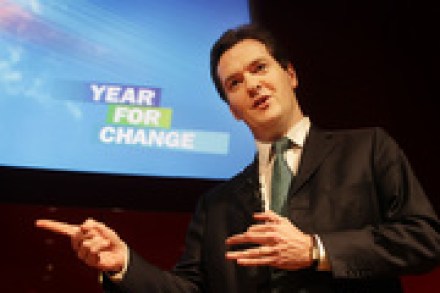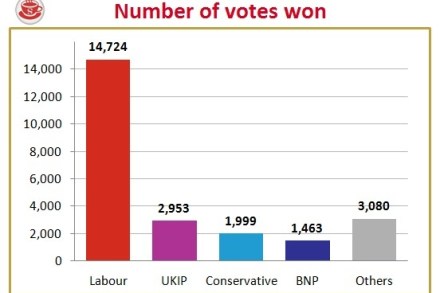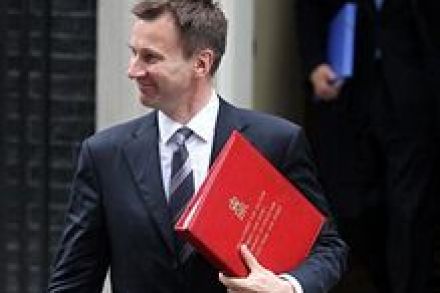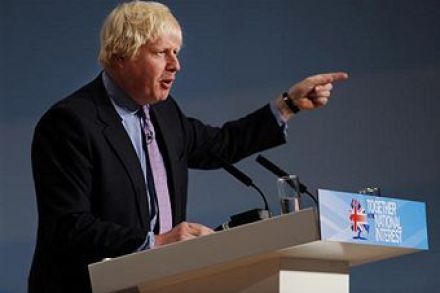The pace of the schools revolution
What a difference a year makes. When Michael Gove spoke at a Spectator conference on schools reform twelve months ago, his policy ideas were just that: ideas, to be deployed should the Tories reach government. Today, at a follow-up conference, they are being put into practice in the fiery crucible of state — and doing quite well, at that. As tweeted by Andrew Neil, Gove has announced that the number of academies — existing state schools that have seized on the independence being offered to them — now stands at 465. That’s some way up on the 203 academies there were last year. And it’s even a significant rise on







